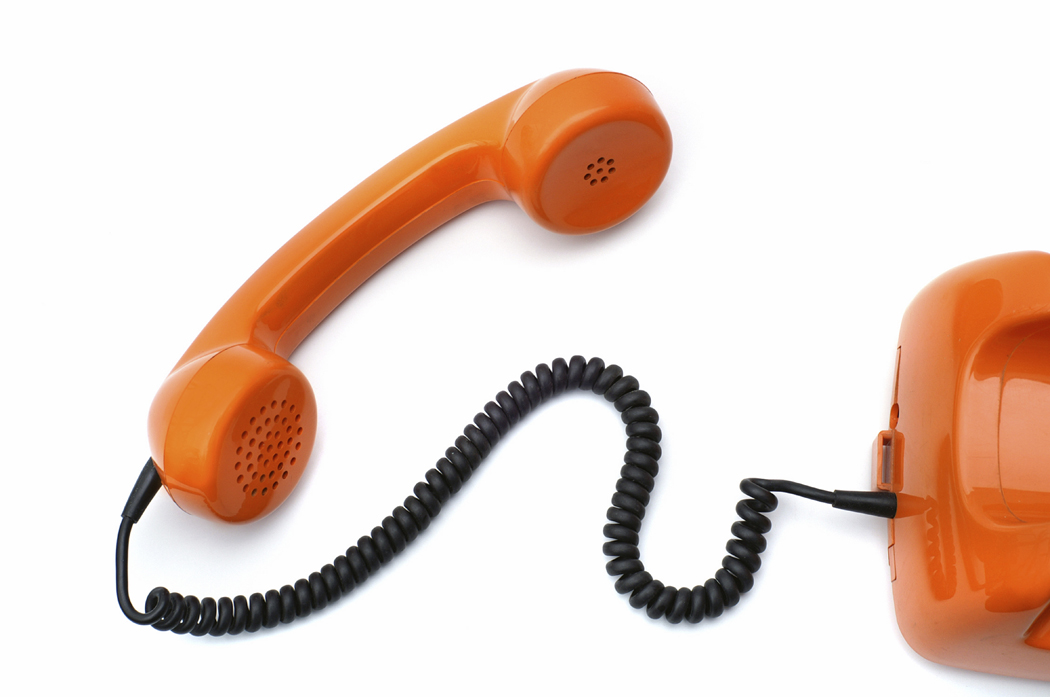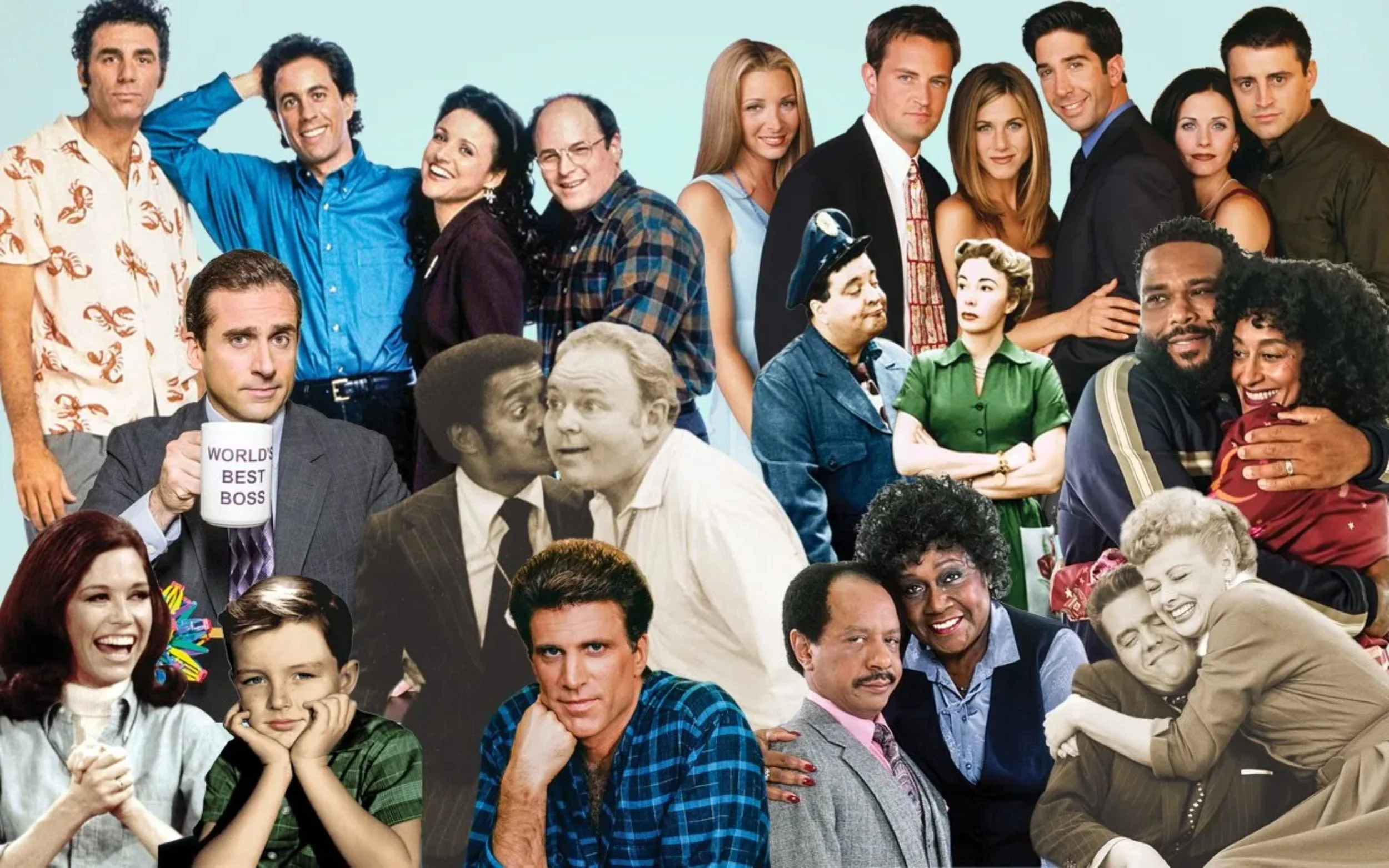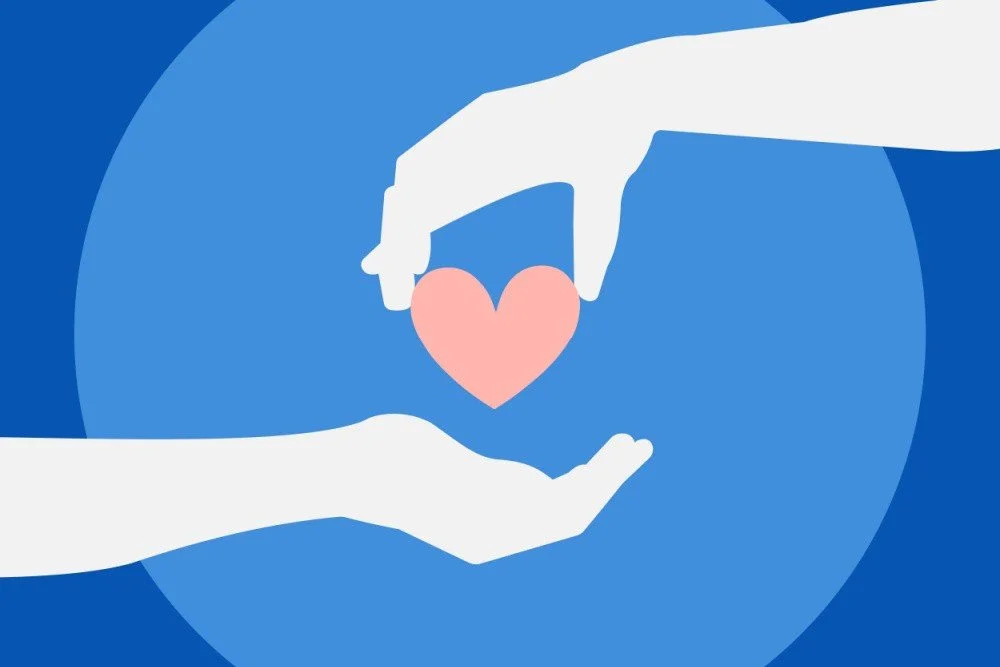 Fundraising for nonprofit organizations is considered an art, not a perfect science, and it's clear that techniques must be tailored to each individual organization. One of the common pieces of wisdom is that “telephone appeals” (read: telemarketing) consistently work as a fundraising tool for nonprofit arts organizations. I’m not saying random cold calls, but calling people who have funded you before, have a history with your organization and would likely donate again. Nearly one out of every five people will respond and donate to your organization calling and asking for money.
As a Millennial consumer, I cannot fathom this.
Fundraising for nonprofit organizations is considered an art, not a perfect science, and it's clear that techniques must be tailored to each individual organization. One of the common pieces of wisdom is that “telephone appeals” (read: telemarketing) consistently work as a fundraising tool for nonprofit arts organizations. I’m not saying random cold calls, but calling people who have funded you before, have a history with your organization and would likely donate again. Nearly one out of every five people will respond and donate to your organization calling and asking for money.
As a Millennial consumer, I cannot fathom this.
I, and perhaps you, dear Reader, belong to a generation simply called “Millennials”. Spell check doesn’t know that word yet, but soon it will. We are defined not by high technological competency, which is given to the generation directly before us, but by technological connectedness. I've had a series of experiences which have lead me to create these conclusions about the relationship between Millennials and telemarketing. Millennials, who by the way love to donate, have been raised in a society where everything is connected electronically.
With that connectedness comes with a degree of anonymity. While relationships formed over the web can become as close and as intimate as the penpals of old, they take time. They are cultivated with mutual respect and friendship and while our messages may travel instantly from one to the other, the relationship is built up more slowly.
In this age of instant communication, I think the telemarketing approach is dead to those arts organizations that wish to solicit donations from Millennials. My telephone is reserved for my parents and my grandma, and for calling Renee to let her know I’m outside her building and would she please let me in.
I have had organizations, which I have supported in the past, call me on the phone and ask for donations. It never works.
They always follow a certain pattern. The telemarketer introduces themselves, and asks your name - here again, trying to build up a relationship. But I, the Millennial consumer, am used to long exchanges on Tumblr before ever learning anything than the other person’s username, so that tactic falls short. I thrive in the anonymity of the internet, and this direct and sudden confrontation with a stranger frightens me like a deer in headlights.
Then the telemarketer will try to tell me about the organizations hardships this year; how an economic recession has set them back, or how government legislation has made their work more difficult, could I please help with their annual fund? I, the Millennial consumer, just watched a video of the violence in Syria this morning - you’re trying to tell me you have problems? The problems I care about are the ones involving life and death - and I will negate your ask at every turn.
Finally, the telemarketer has been instructed to ask three times before respectfully hanging up. Are you kidding me? I, the Millennial consumer, tweet, reblog, and share on Facebook all while drinking my caramel latte and finishing an accounting assignment. Your long phone call is wasting my time. Why didn’t you understand when I first said ‘no’? Are you trying to guilt me into this? This is ridiculous. I will never give to this organization again, and their number is now blocked on my phone.
In truth, this all could have been avoided if this organization, who clearly have a record on me, had just emailed me their ask with a direct link, explaining that they need help with their annual fund. The anonymity is intact, I no longer have an individual I don’t know trying to force me into the intimate donor relationship. They haven’t insulted me with blowing their issues into hyperboles (while important to the organization, meaningless to me). And it took all of two seconds to click the link and another to type in my credit card number.
What I’m saying here is, if you’re catering to a mature audience, use telemarketing. Statistically, it works. And probably you’re already using online direct asks in some form, whether its email or otherwise. What I’m hoping you’ll do is pay more attention to who gets what message. If you’re reaching for the Millennials, those fun-loving young kids, maybe tweet them. Email them. Ask them when they attend your next party.
For the love of art, though, do not call.






